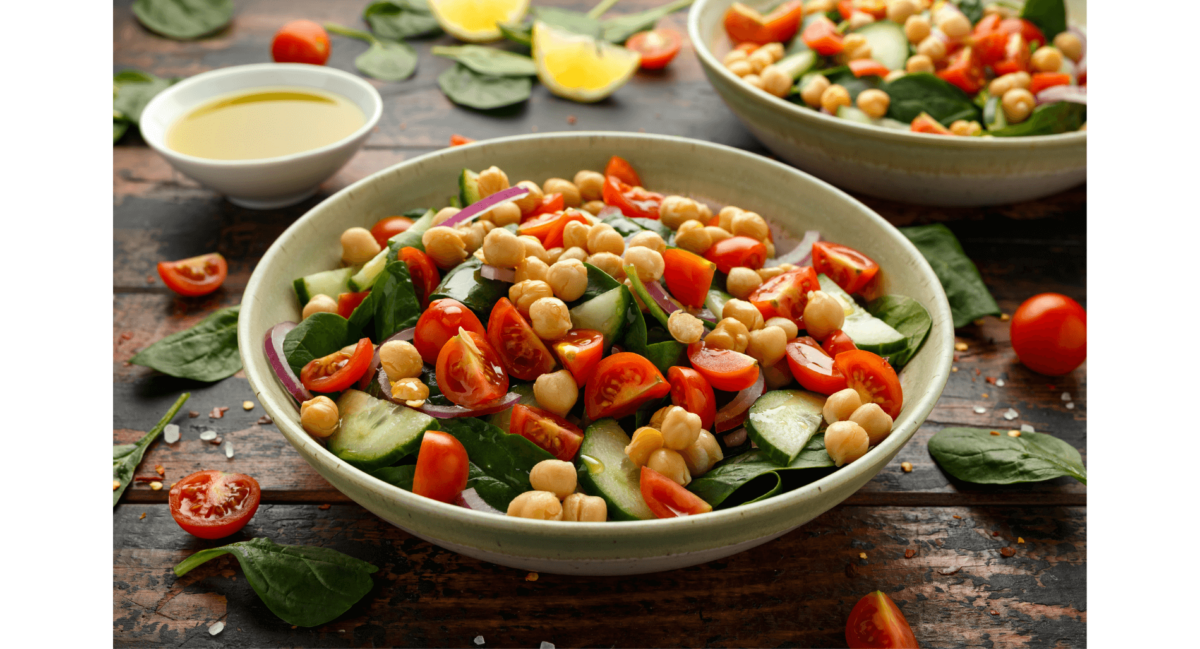The pursuit of a healthy lifestyle often involves a focus on nutrition for overall well-being. What might surprise many is that the choices we make in the kitchen can play a significant role in preserving our hearing health. In this blog post, we’ll delve into the connection between nutrition and hearing loss prevention, exploring how the right dietary choices can be music to your ears.
The Inner Ear’s Nutritional Needs
The inner ear, responsible for our sense of hearing, requires a steady supply of essential nutrients to function optimally. Key nutrients include antioxidants, vitamins, and minerals that contribute to maintaining the health of delicate structures like the cochlea and auditory nerve. Incorporating a balanced and nutrient-rich diet can provide the support your inner ears need.
Antioxidants: Guardians of Hearing Health
Antioxidants are your allies in the fight against oxidative stress, a process linked to age-related hearing loss. Foods rich in antioxidants, such as fruits (berries, oranges, and kiwi) and vegetables (spinach, broccoli, and carrots), help neutralize free radicals, protecting the cells in your inner ear from damage and promoting long-term hearing health.
Omega-3 Fatty Acids: Essential for Ear Health
Omega-3 fatty acids, found in abundance in fatty fish like salmon, mackerel, and trout, play a crucial role in maintaining the flexibility of the tiny hair cells in the inner ear. These hair cells are instrumental in converting sound vibrations into electrical signals, making omega-3s a vital component of a diet aimed at preventing hearing loss.
Vitamin A: Supporting Ear Tissue Health
Vitamin A is essential for the health of the tissues in the inner ear. Foods rich in vitamin A, such as sweet potatoes, carrots, and leafy greens, contribute to the maintenance of the cochlea—a spiral-shaped organ in the inner ear responsible for translating sound vibrations into nerve signals.
Vitamin C: Strengthening the Immune System
Beyond its immune-boosting properties, vitamin C plays a role in preventing hearing loss by promoting a healthy blood supply to the ears. Foods like oranges, strawberries, and bell peppers, which are rich in vitamin C, contribute to overall ear health by supporting blood circulation to the intricate structures of the inner ear.
Magnesium: Enhancing Blood Flow to the Inner Ear
Magnesium is a mineral that aids in the regulation of blood flow, including blood flow to the inner ear. Incorporating magnesium-rich foods like nuts, seeds, and leafy greens into your diet may contribute to improved blood circulation in the inner ear, supporting its overall health and function.
Zinc: Essential for the Auditory System
Zinc is a trace element crucial for the function of the auditory system. It plays a role in preventing damage to the delicate structures of the inner ear. Foods such as oysters, beef, and lentils are good sources of zinc, and including them in your diet can support the maintenance of optimal hearing health.
Limiting Sodium Intake: Protecting Against Hearing Loss
Excessive sodium intake has been linked to an increased risk of hearing loss. High levels of sodium can lead to reduced blood flow to the inner ear and damage to delicate structures. By moderating your salt intake and opting for low-sodium alternatives, you contribute to the preservation of your hearing health.
Stay Hydrated: Supporting Overall Well-Being
Proper hydration is vital for overall health, including hearing health. Water supports blood circulation, ensuring that essential nutrients reach the inner ear. Staying adequately hydrated contributes to the optimal functioning of the auditory system and helps prevent potential issues associated with dehydration.
Consult with a Nutrition Professional
Individual nutritional needs vary, and consulting with a nutrition professional can provide personalized guidance. A registered dietitian or nutritionist can help tailor a diet plan that aligns with your specific requirements, ensuring you receive the right mix of nutrients to support your hearing health.
In conclusion, the old adage “you are what you eat” holds true when it comes to hearing health. By incorporating a variety of nutrient-rich foods into your diet, you not only promote overall well-being but also contribute to the prevention of hearing loss. Nourish your body, and in turn, nourish your ears, creating hearing health that resonates throughout your life.

